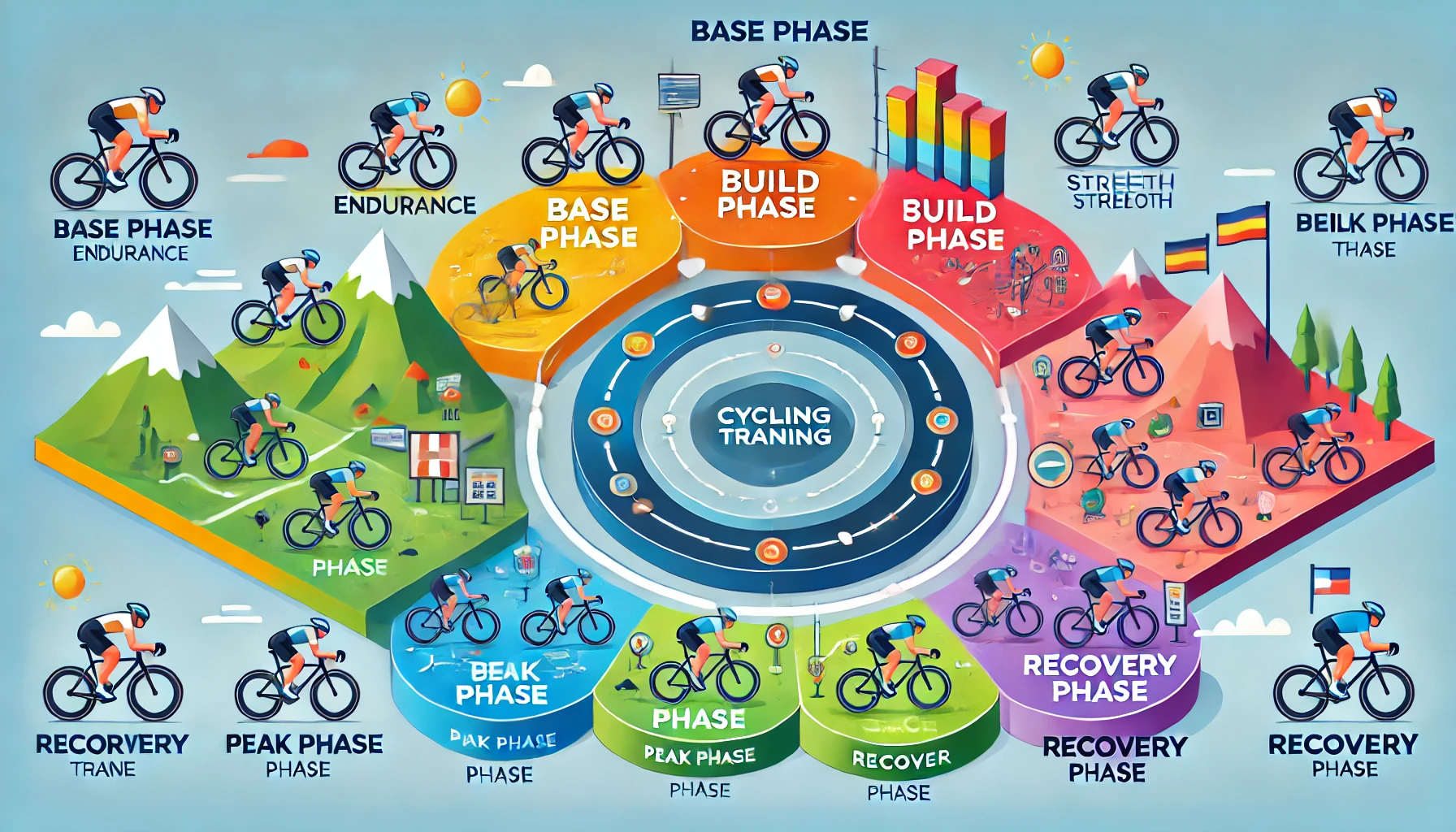The Key to Enhancing Cycling Performance
Benefits of Breathing in Exercise:
Breathing is an essential but often overlooked aspect of exercise, especially when cycling. Proper breathing techniques not only improve endurance but also support metabolism, enhance physical performance, and reduce the risk of injury. This article will help you understand the benefits of breathing in exercise, particularly in cycling, and how to optimize your breathing technique to achieve the best results during workouts.

1. Boosting Cycling Performance
Proper breathing while cycling ensures that your muscles receive an adequate supply of oxygen, which boosts performance and The Key to Enhancing Cycling Performance:
When you breathe deeply and steadily, your body has enough oxygen to produce energy, helping you maintain speed and endurance throughout your ride without getting fatigued quickly. This is especially crucial for long-distance routes or uphill terrains, where proper breathing can be the key to conquering the journey.

2. Reducing Stress and Enhancing Focus on the Road
Another benefit of correct breathing while cycling is that it helps reduce stress and increase concentration and The Key to Enhancing Cycling Performance:
When your body lacks oxygen, you may feel anxious, lose focus, and struggle to maintain your speed or control over the bike. Controlled breathing helps regulate your heart rate, keeps your body relaxed, and improves your mood, allowing you to stay more focused on the road.

3. Supporting Metabolism During Cycling
The Key to Enhancing Cycling Performance during cycling:
Proper breathing techniques enhance metabolism by supplying enough oxygen to your body’s cells, which helps burn calories more efficiently. For long-distance or high-speed cycling, optimizing your breathing not only helps maintain energy levels but also promotes fat burning, leading to improved fitness.

4. Reducing the Risk of Injury
The Key to Enhancing Cycling Performance avoid to the risk of injury:
Regular and precise breathing during cycling helps you maintain rhythm and control your body, reducing the risk of muscle strain or injury. When your body doesn’t get enough oxygen, your muscles can become tense, making them less flexible and increasing the risk of cramps or soreness after cycling.

5. Enhancing Endurance for Long Rides
The Key to Enhancing Cycling Performance for long rides:
In endurance cycling events or when exploring mountain routes, stamina is key. Practicing steady, deep breathing techniques helps increase lung capacity and improve oxygen intake, allowing you to maintain a steady pace for extended periods without tiring quickly. This is particularly important when climbing hills or speeding up.

How to Optimize Breathing Techniques While Cycling
- Breathe Using Your Belly:
Instead of chest breathing, learn to breathe deeply into your belly to ensure your body receives the maximum amount of oxygen. This technique helps your muscles get the energy they need for challenging segments, like climbing or sprinting. - Maintain Steady and Rhythmic Breathing:
Keep a consistent breathing rhythm that matches your cycling pace. For example, breathe in for 3 pedal strokes and breathe out for the next 3. This helps you maintain your pace without gasping for breath. - Practice Breathing Techniques While Cycling:
Try incorporating yoga or meditation to learn how to control your breathing better, which can enhance your cycling performance. You can also focus on breathing exercises on flat terrains before applying them on more challenging routes.


